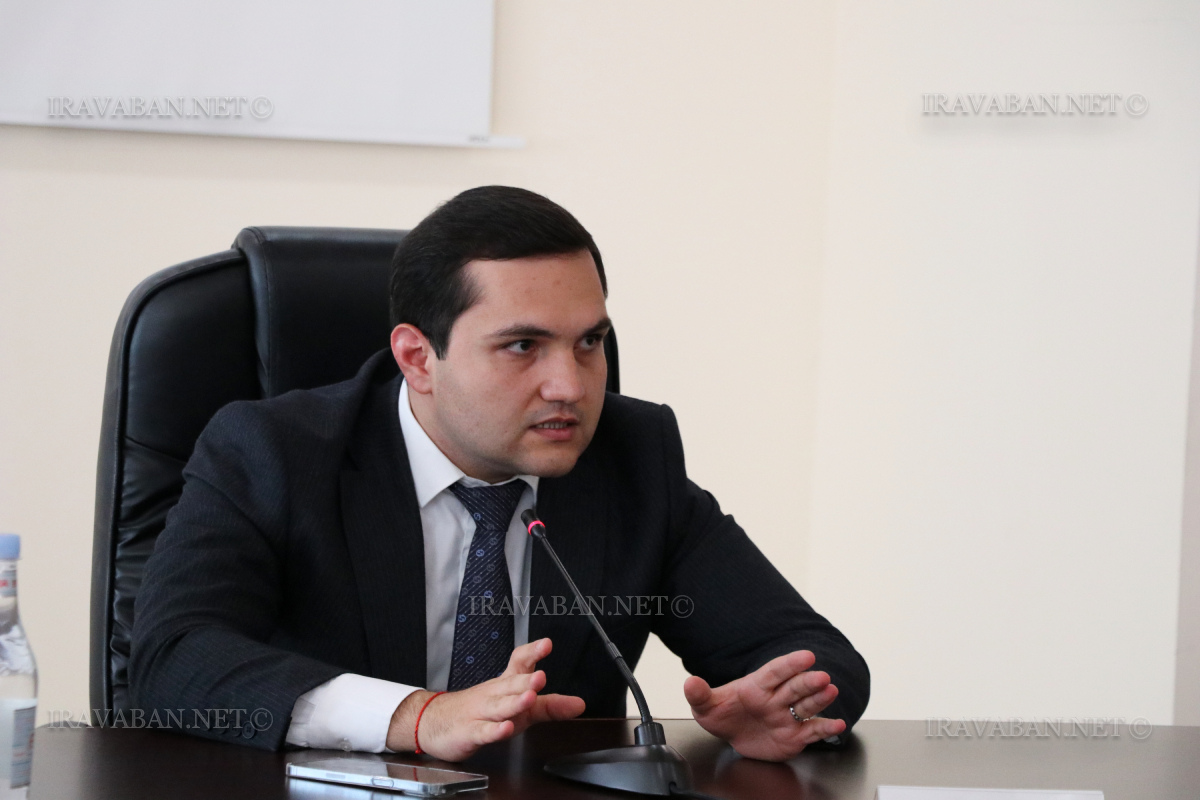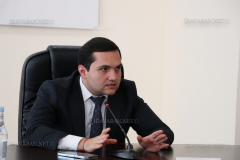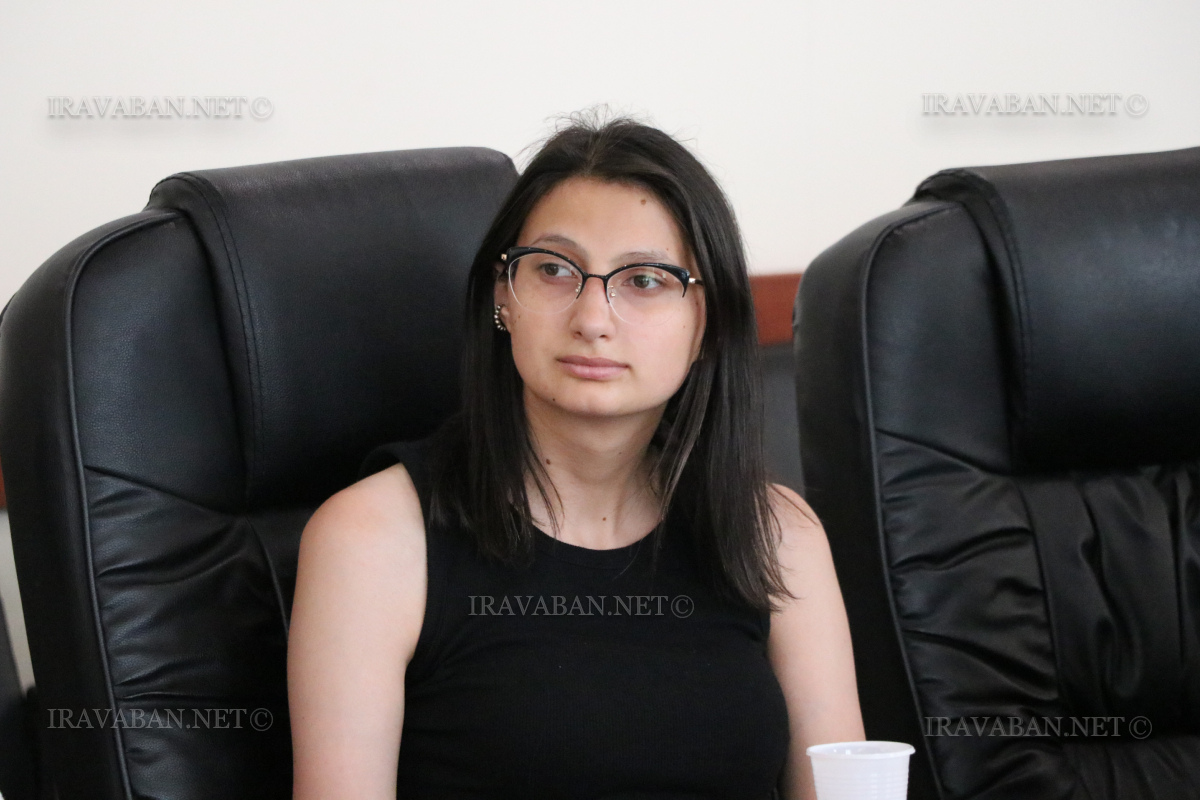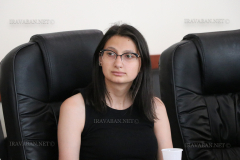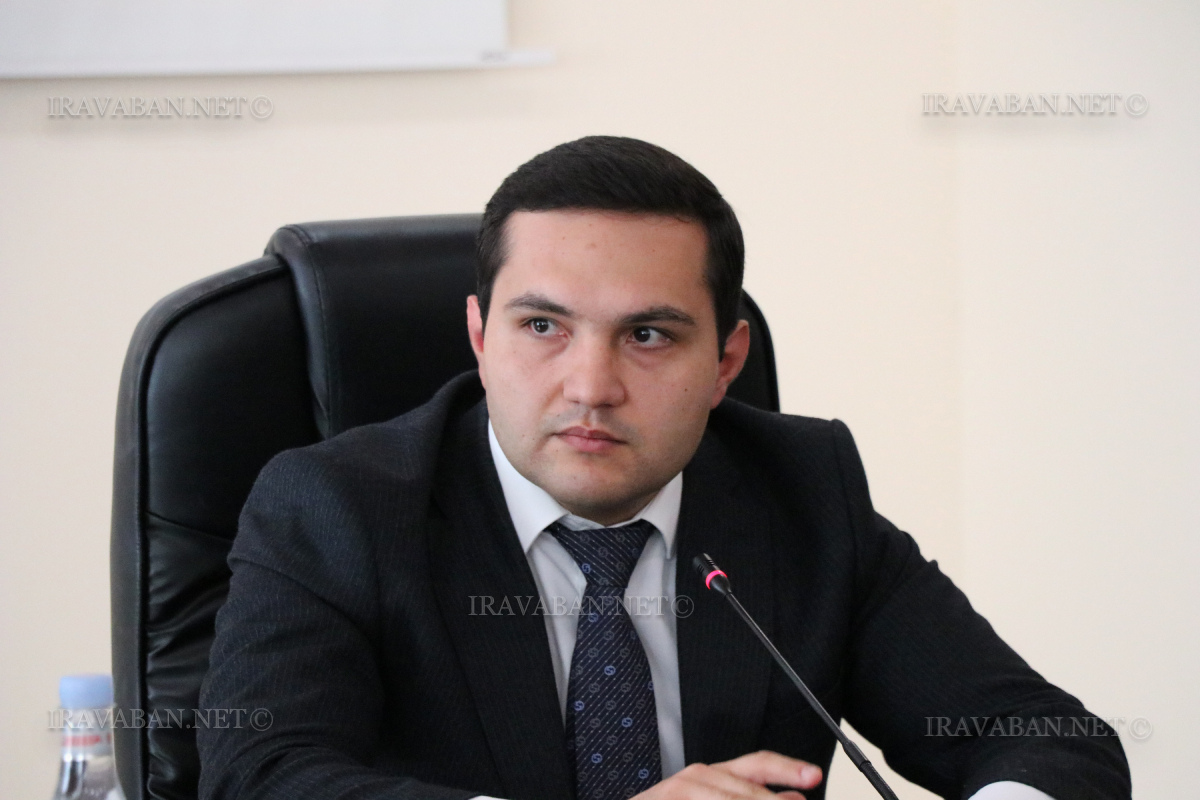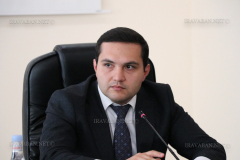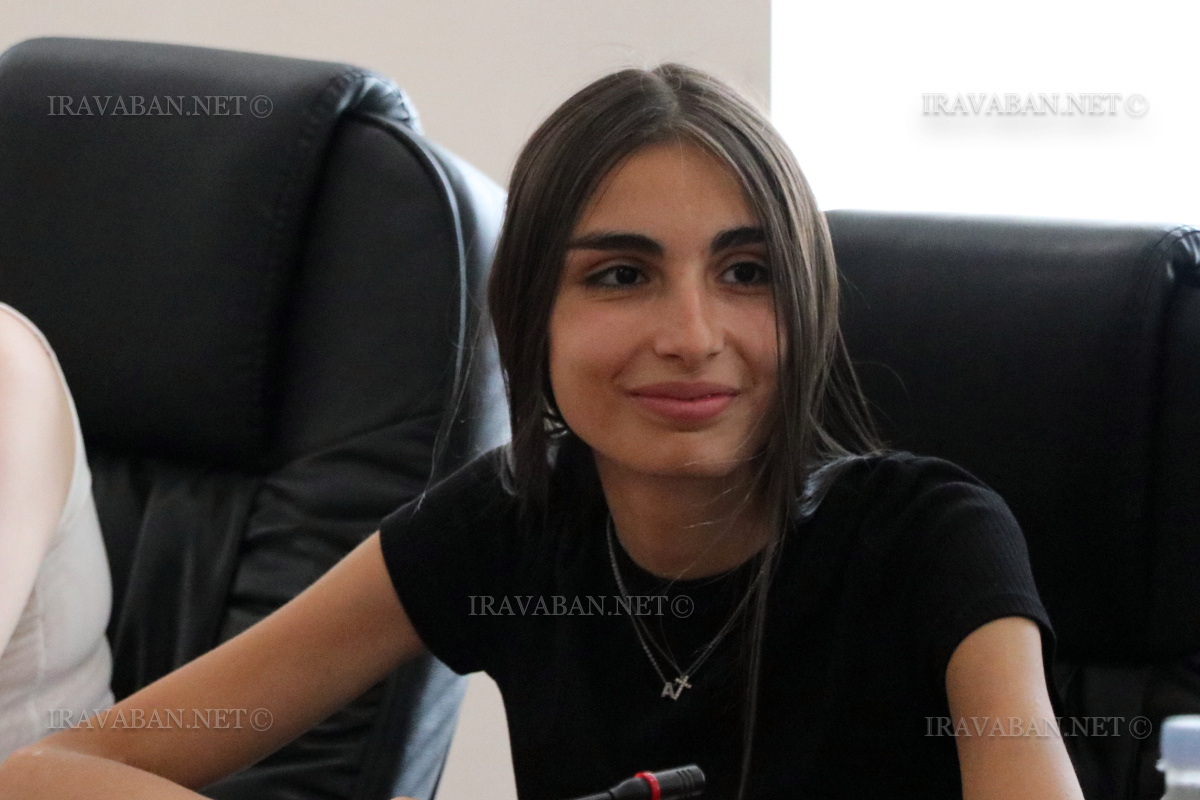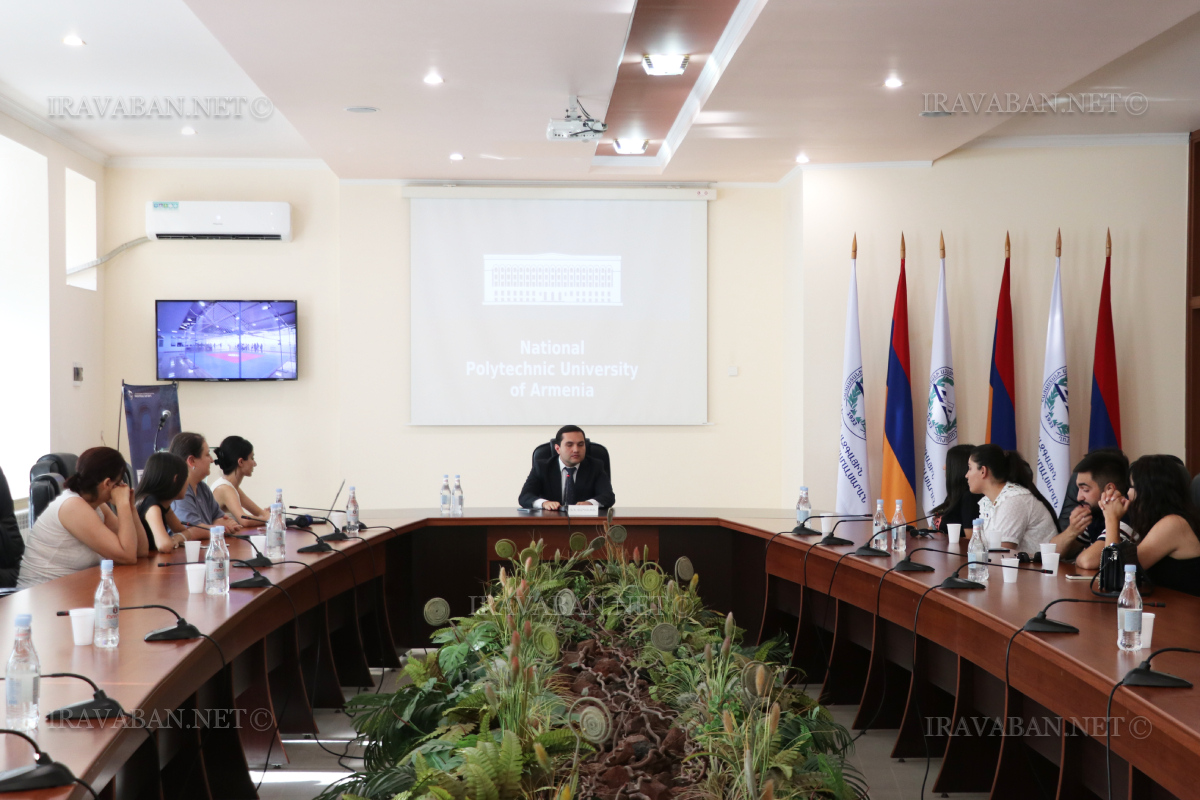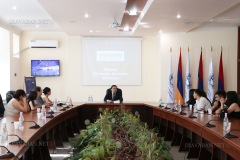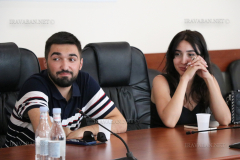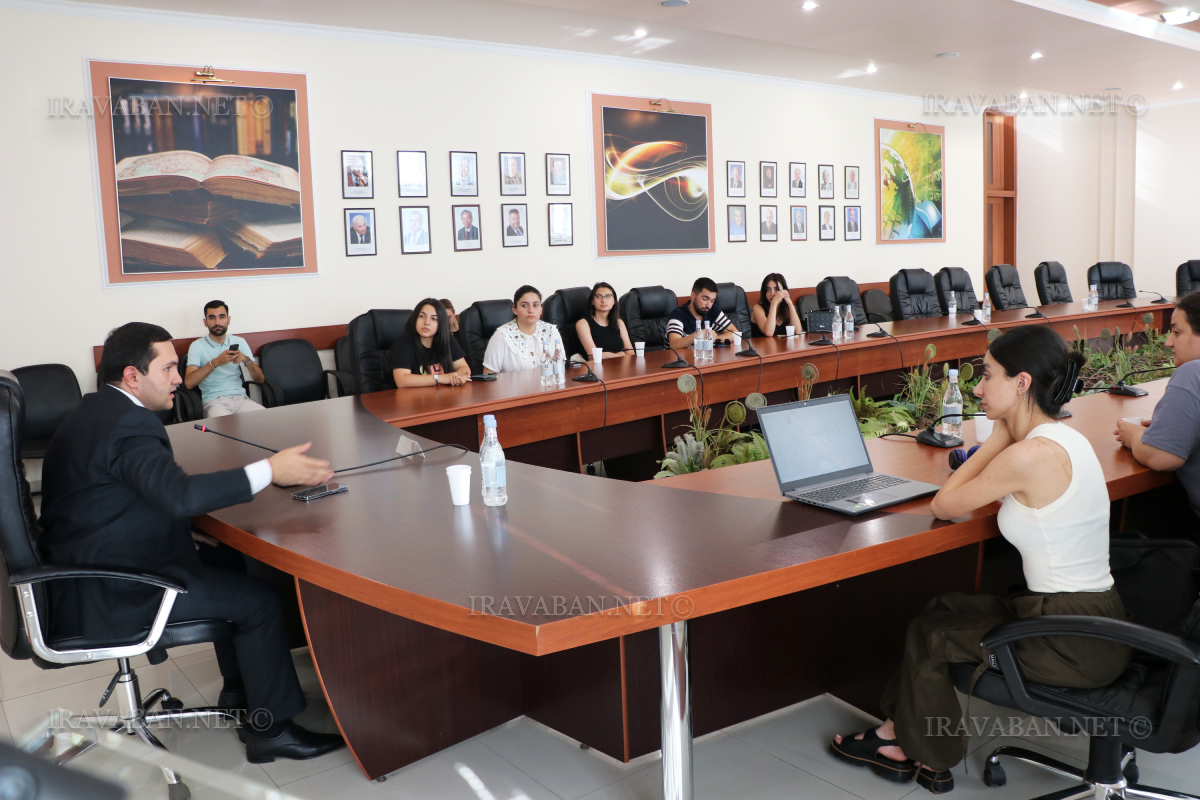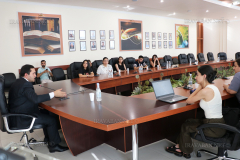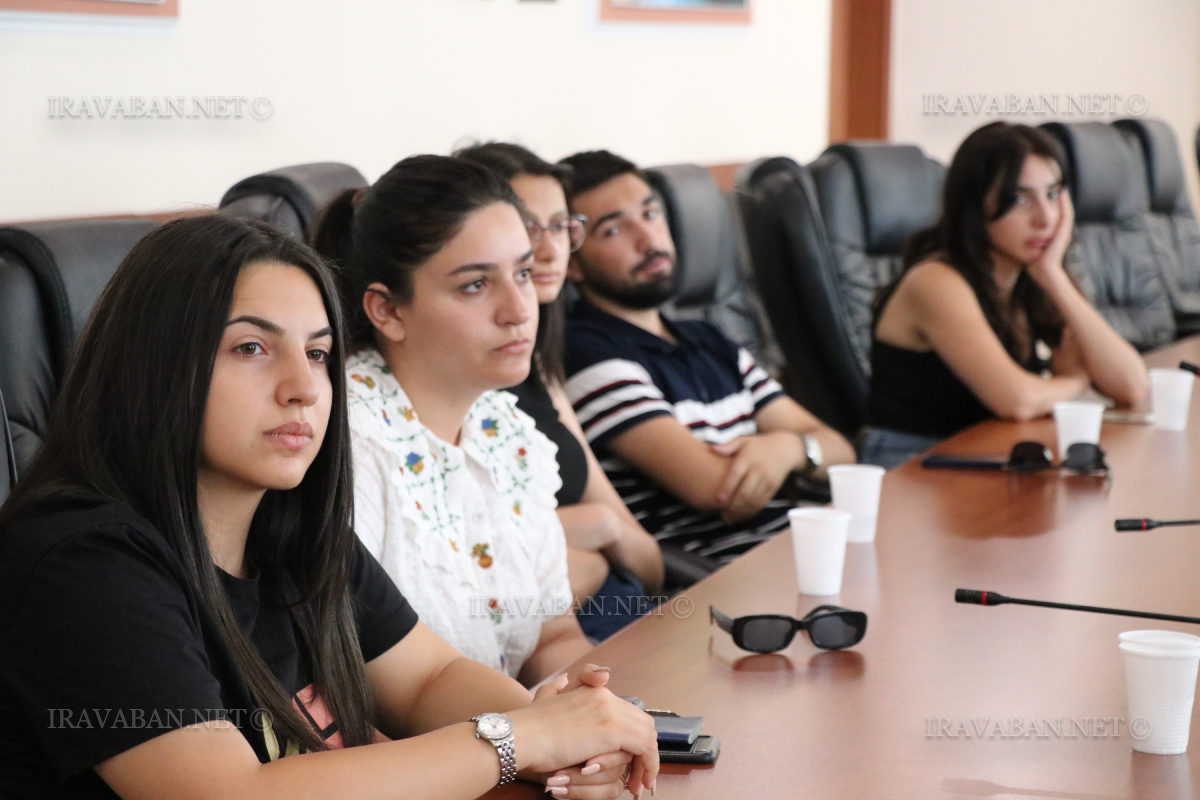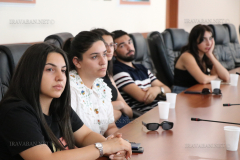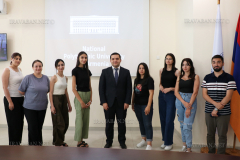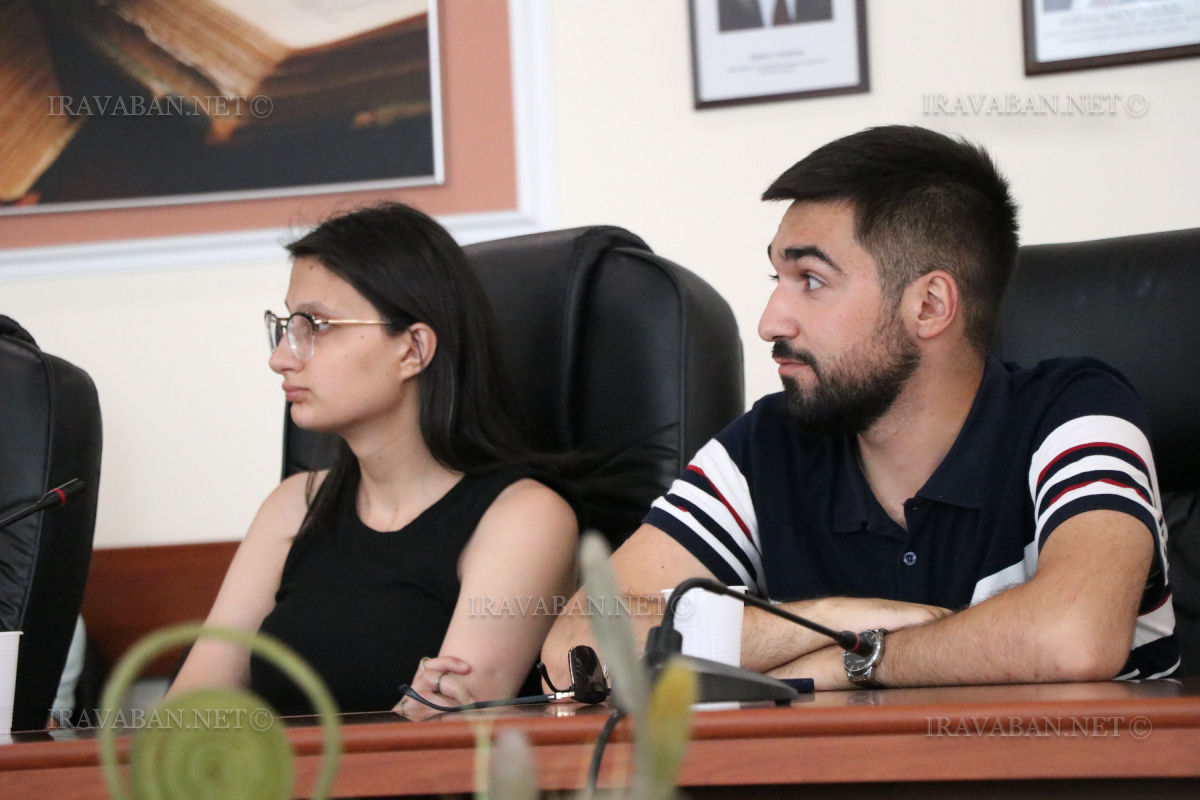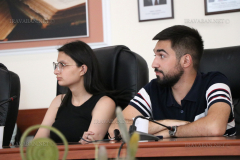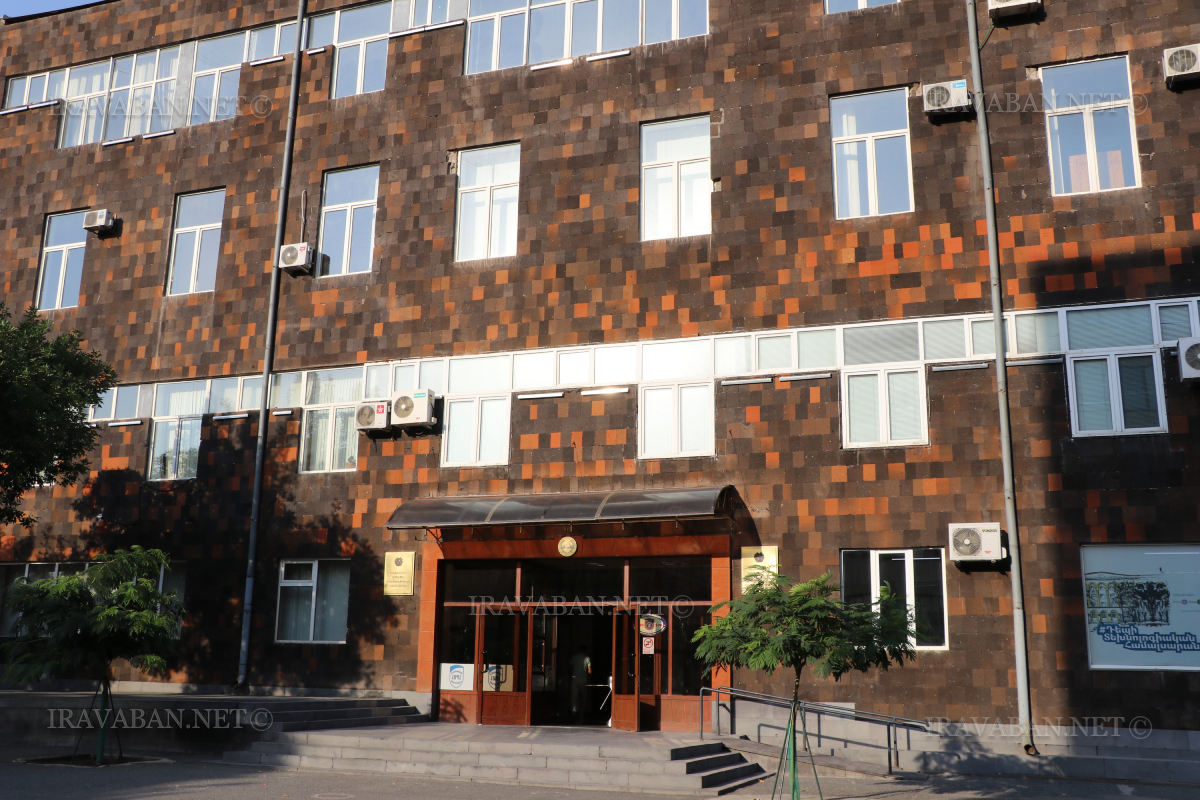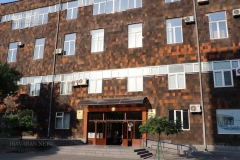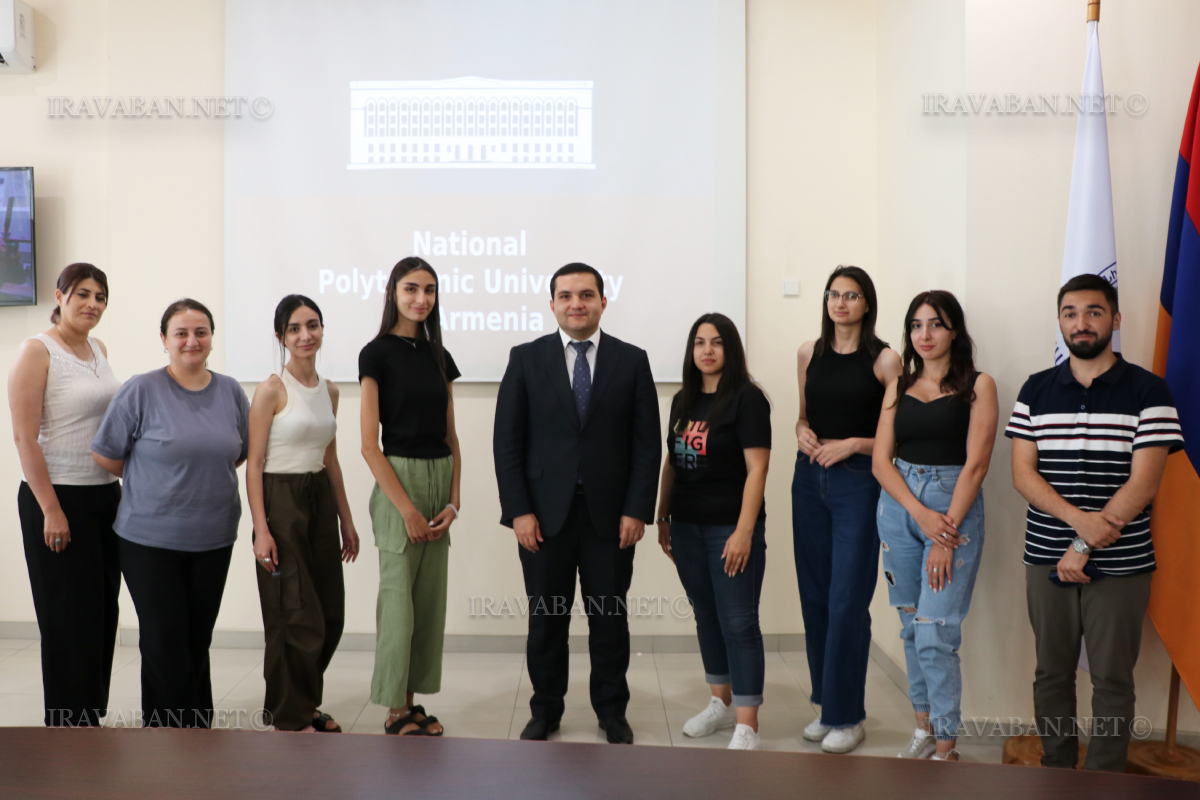
On 28 July, students of 9th stream of the Anti-Corruption School for Young Leaders, the 1st anti-corruption professional educational initiative operating in the Republic of Armenia, within the framework of the master classes and practical skills development phase of the school were hosted at the National Polytechnic University of Armenia and met with the Rector Gor Vardanyan..
The Rector welcomed the students, including the participants who joined the meeting online from Artsakh. “Under these conditions, we are doing everything so that you do not fall behind in real life, and I express the readiness of the Polytechnic University in organizing your education. If you find that the technological university can support you in the scope of your interests, feel free to contact us.”
Then Gor Vardanyan presented his insights and vision regarding the technological future of Armenia, as well as the fight against corruption through technology. The Rector mentioned that he is trying to connect anti-corruption policy, education and technologies.
“For me, technologies are tools for effective anti-corruption policy. But, in any case, the tool is in the hands of people. How it will be used depends on a person’s behavior. And integrity is also related to his educational path, from kindergarten to university. It should also be taken into account that a person is first educated in his family, and then in educational institutions,” he said.
The Rector also referred to the use of blockchain technology. This mechanism for keeping any information secure, the blockchain, became more popular and applicable when Satoshi Nakamoto introduced the digital currency bitcoin.
“The technological purpose of the blockchain is to store the data in many servers. I can delete the data from one server, but I won’t be able to delete it from thousands of servers. Now, at the Polytechnic University, we are developing a solution in the form of recording the data of diplomas with a blockchain system. Thus, any issued diploma will be saved in the blockchain system and it will not be possible to falsify, change or have any other external influence on it,” he said.
Gor Vardanyan also answered the students’ questions, one of which was about his election to the post of Rector. He was elected Rector of the university in May 2021, when he had not even reached his 30th birthday.
Vardanyan emphasized that it is important to remember that before being elected to the post of Rector, he held the position of Vice-Rector for 6 years. “At first glance, it is surprising to become rector before 30, but it is even more surprising to be appointed Vice-Rector at 23.”
He mentioned that he tried to be as effective as possible in the time given to him. “One thing should be recorded: the environment could have been different and I would not have had this success, but, for example, another person who had not left the Polytechnic at different times. It is very important at what time, under what conditions and in what environment you are.”
Gor Vardanyan urged the listeners to be kind, make and keep many friends and try to do and wish only good for everyone. “You will see, at some stage of life it will come back.”
The participants of the school were excited by the meeting with the Rector and expressed hope that they will have the opportunity to visit the Polytechnic University again before the end of the 9th stream courses.
Notably, the training in the Anti-Corruption School for Young Leaders will be organized in the following phases:
- ONLINE TRAINING PHASE, during which the students will pass a basic anti-corruption course consisting of 25 topics through the school’s online anti-corruption training platform. Those students who have completed all the knowledge test questionnaires and received the appropriate points for completing the online training will be considered completed the online training phase.
- MASTER CLASS AND PRACTICAL SKILLS DEVELOPMENT PHASE, during which students who have successfully completed the advanced stage of school will be divided into groups and each group will conduct a study, monitoring or investigation on one of the in-depth anti-corruption topics. During this phase, the work will be organized in the form of group meetings, discussions, and meetings with representatives of the sectors and other relevant bodies and organizations. Attendees will learn a range of innovative tools and gain related skills. At this stage, mentoring for groups is planned.
- PUBLIC AWARENESS PHASE, during which students who have successfully completed the practical skills development phase of the school will have the opportunity to disseminate their anti-corruption knowledge among young people through public awareness seminars.
- ADVANCED TRAINING PHASE, during which the best 15-20 participants who have achieved high results in the online training phase of the school, successfully completed the in-depth interview phase and are selected, will participate in the outreach (out of Yerevan) in-depth anti-corruption training. The in-depth training phase of the school will consist of the modules: “Anti-Corruption Advanced Training” and “Pillars of National Identity”.
- FINAL PHASE, during which the students, who have successfully completed the practical skills development and public awareness stages of the school, will present their research and public awareness results to the reputable jury and the public.
Students who have passed and successfully graduated from all five phases of the School will be awarded GRADUATION CERTIFICATES of Anti-Corruption School for Young Leaders.
“The Armenian Lawyers’ Association” NGO is organizing the Anti-Corruption School for Young Leaders in cooperation with the CSO Anti-Corruption Coalition of Armenia.
The information partner of the Anti-Corruption School for Young Leaders is Iravaban.net, independent professional news website.

